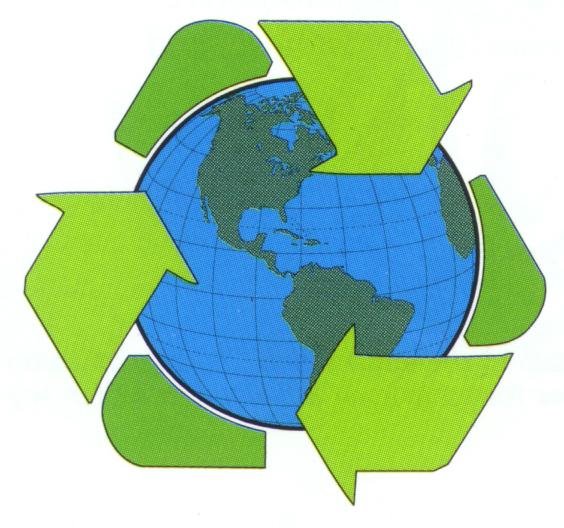
It’s important to raise kind and caring children. To me, and probably you, it’s vital to teach that, plus some. I want my little boy to understand how his actions impact those around him. One of the lessons in that equation is conservation and recycling, which is best taught by example.
Recycle: I’ve seen arguments against recycling programs, pointing to the trucks used, the emissions, the overall efficiency of community based programs. So persuasive are these arguments that it prompted the Waste & Resource Action Programme to publish an international study last year. This study found that in 83% of programs surveyed, the efficiency and benefit far outweighed the drawbacks. Of course the study dealt with tangibles, like energy use vs. conservation, waste cost, environmental impact. But there are countless benefits that can’t be quantified. Teach your kids to sort the recycling and teach them responsibility, give them a feeling of community and a sense of pride in making a difference. Unquantifiable, yes, but real, nonetheless. If your community doesn’t offer curbside recycling, a real luxury, check here to find recycling programs with drop-off points in Pennsylvania and here for the rest of the US.
Reuse: I wont ask you to rinse out those cruddy baggies for reuse, but why not nix them? Maybe not all together, but how about some other options? There are some great long lasting food storage containers out there, for packing lunches, portable beverages. Give them a try. And if you can’t, just can’t let go of your disposable lifestyle, why not try a few green options? Here are a few to add to your list:
Electricity
- Turn lights off when you leave the room.
- Open blinds for natural light.
- Switch to the more energy efficient compact florescent bulbs.
- Try Energy Star appliances.
Water
- Don't rinse dishes before loading the dishwasher and be sure to fill it up before running.
- Turn off the water while brushing your teeth or washing your face.
- Try low-flow shower heads and limit your time in the shower to under 10 minutes.
- Don't use pesticides or fertilizers on your lawn.
Gas
- Try carpooling or mass transit for school and work.
- Walk or bike for local errands.
- Check tire pressure on your car or truck
- Group your travels by location to avoid unnecessary trips.
And finally, here are some great resources to get you started:
Thanks so much for reading!
Sara




